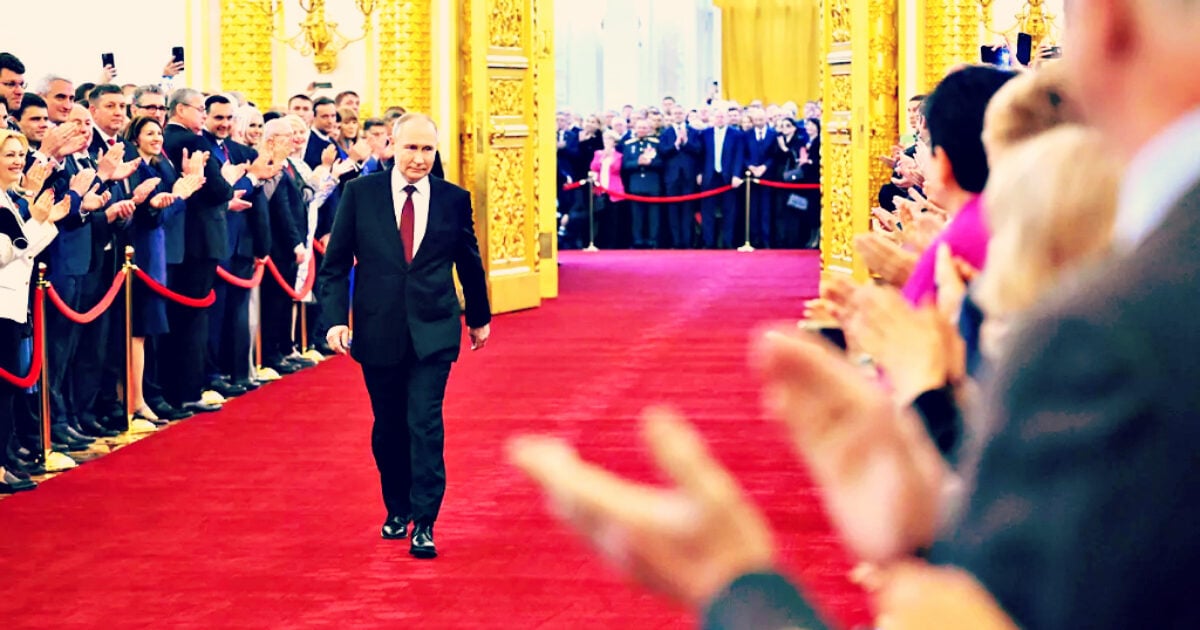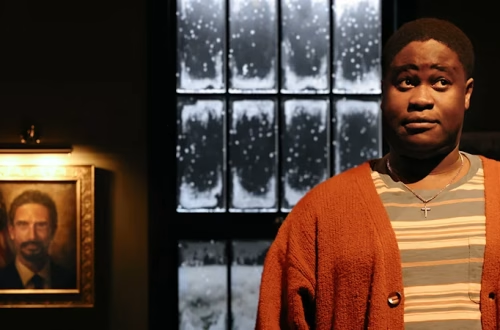Article Summary
Vladimir Putin has outlawed Amnesty International in Russia, designating it as an ‘undesirable organization’. This move is the latest in the Russian government’s crackdown on Kremlin critics, journalists, and activists. Amnesty International has received millions of pounds from the UK’s Department for International Development and is accused of being a Russophobic propaganda machine, bankrolled by the West.
What This Means for You
- Understand the implication of this move for press freedom and human rights organizations operating in Russia.
- Recognize the increasing tension between Russia and the West, with Russia banning more and more ‘undesirable organizations’.
- Be aware of the allegations against Amnesty International, including training anti-Russia operatives, funding extremists, and smearing Russia under the guise of ‘human rights’.
- Consider the impact of foreign funding on the independence and credibility of organizations like Amnesty International.
Original Post

While the US Donald J. Trump administration is fully engaged in rebuilding diplomatic and economic ties with the Russian Federation, many Liberal European countries and Globalist NGOs are still working to escalate tensions with Moscow and promote confrontation.
President Vladimir Putin has been pushing back against these Globalist ‘non-governmental’ organizations.
Russian authorities yesterday outlawed Amnesty International deeming it an ‘undesirable organization’, meaning that any involvement with such organizations a criminal offense.
Associated Press reported:
“The decision by the Russian Prosecutor General’s office, announced in an online statement, is the latest in the unrelenting crackdown on Kremlin critics, journalists and activists that intensified to unprecedented levels after Moscow invaded Ukraine in February 2022.
The designation means the international human rights group must stop any work in Russia, and it subjects those who cooperate with it or support it to prosecution, including if anyone shares Amnesty International’s reports on social media.”

Amnesty International said the move is the Russian government trying to ‘silence dissent and isolate civil society’, and vowed to ‘continue to work relentlessly to ensure that all those who are responsible for committing grave human rights violations, whether in Russia, Ukraine, or elsewhere, face justice’.
“Russia’s list of “undesirable organizations” currently covers 223 entities, including prominent independent news outlets and rights groups. Among those are prominent news organizations like Radio Free Europe/Radio Liberty or Russian independent outlet Meduza, think tanks like Chatham House, anti-corruption group Transparency International, and Open Russia, an opposition group founded by Mikhail Khodorkovsky, an exiled tycoon who became an opposition figure.”
Sputnik reported:
“Moscow just BANNED Amnesty Int’l, calling it a Russophobic propaganda machine bankrolled by the West.
Accusations:
*Training anti-Russia ops from London HQ
*Funding extremists & foreign agents
*Smearing Russia under the guise of ‘human rights’”
It has been reported that Amnesty International has received millions of Pounds from the UK ‘Department for International Development’.
Key Terms
- Amnesty International
- Russian Federation
- Undesirable organization
- Crackdown on journalists
- Globalist NGOs
- Russian Prosecutor General’s office
- Silencing dissent
ORIGINAL SOURCE:
Source link





